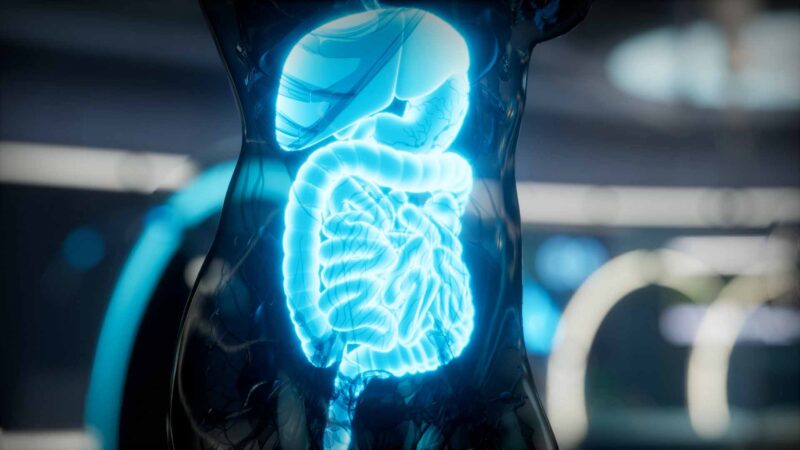Bench Side Story continues with Dr Kelsie Raspin, a dedicated Postdoctoral Research Fellow specialising in Cancer Genetics at Menzies Institute for Medical Research, University of Tasmania, AUSTRALIA
Her primary research focus revolves around bridging a critical knowledge gap in the understanding of genetic alterations implicated in prostate cancer initiation and its progression into metastatic forms.
Driven by an unwavering commitment to equitable access to genomic innovation in clinical cancer care, Kelsie aspires to enhance health outcomes not only for her fellow Tasmanians but also for individuals worldwide.
Kelsie’s research is funded through an RHH Research Foundation grant.
You Might also like
-
Targeting chemotherapy resistance in ovarian cancer patients
Dr Alex Cole, from the Centenary Institute’s Centre for Biomedical AI, is now leading the research focused on developing a new treatment to counteract a protein called follistatin (FST), known for making ovarian cancer cells resistant to chemotherapy.
By employing cutting-edge molecular biology and directed evolution techniques, the project aims to create nanobodies—small, precise molecules—that can block FST. If successful, these nanobodies could enhance the effectiveness of chemotherapy and improve ovarian cancer treatment rates.
-
Engineering bacteria to detect colorectal cancer cells
An international team of researchers from Adelaide and the United States has engineered bacteria capable of detecting mutated DNA released from colorectal cancer cells, opening the door to faster disease detection.
-
DNA repair on the Fanconi anaemia pathway
Associate Professor Wayne Crismani is an internationally recognised expert in DNA repair, with a particular focus on Fanconi anaemia (FA)—a cancer-predisposition and bone marrow failure syndrome marked by extreme sensitivity to DNA damage. Based at St Vincent’s Institute in Melbourne, he leads a research program dedicated to understanding the genetic, cellular, and reproductive consequences of FA. He is currently supported by a Victorian Cancer Agency Mid-Career Fellowship and funding from the National Health and Medical Research Council.



